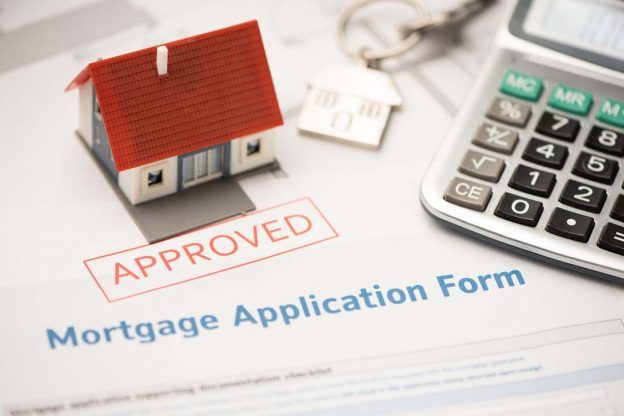Congratulations on taking this step towards improving your financial wellness.
MyFinancialRoadmap is a programme that includes tutorials and set of resources designed to support you to get the most out of your income, to manage debt and to have the things you want for you and your family. Co-created by Massey University and SurePlan Financial, this programme is built on information and strategies that get results.

Protect your family's future

Make your money work smarter

Manage debt and have your dreams
What is financial wellness?
Financial wellness is how you feel about money and your ability to make well-informed financial decisions
MyFinancialRoadmap is an independent online platform brought to you by the planning experts at Massey University Financial Education Centre and SurePlan Financial. It has been designed to help you understand your finances and make better financial decisions to support the future you want.
“Research has shown that an effective financial wellness solution provides more than just education to improve member’s financial literacy, it promotes the behavioural change that positively impacts mental health. The Financial Wellness platform guides each member through a self-paced learning journey and provides the resources they need along the way”
Dr Pushpa Wood
Director – Financial Education and Research Centre NZ
School of Economics and Finance, Massey University
New Zealanders aren’t doing so well financially, and haven’t been for a while
“It can be very hard to see who is doing well and who is not. All too often a nice house, a nice car and good jobs mask high levels of poorly managed debt and a lack of plan for spending or the future”
John Schell
Managing Director – SurePlan Financial Ltd
If you are not completely sure about your spending, your future or your finances in general then you are not alone. It might just be down to a lack of exposure to the strategies and tools you need to be financially on top of things.
Financial stress hits the hardest where you would not expect it

Home owners with consumer debt are vulnerable

71% of families don’t have 3 months of income in savings

The worst affected are between 41-50 years of age
So, what’s the good news?
The good news is that there is a lot you can do yourself to improve your financial wellness. For example, by improving awareness, knowledge, skills, attitude and the behaviour necessary to make sound financial decisions, you can ultimately improve your financial wellbeing.
Thousands of Kiwis from all walks of life have stepped up to the challenge and are already making positive changes in their lives. They are well on their way to reaping the rewards. Here is your opportunity to take advantage and get started!
MyFinancialRoadmap is designed to provide you with knowledge and tutorials that will improve your financial wellbeing.
Also a comprehensive knowledge hub with…
Saving For A Goal
Investment Basics
Understanding Insurance
Understanding Debt
Retirement Ready
Mortgages
Understanding Estate Planning
Budgeting & Cashflow Management
Kid’s Education
Buying a Home
For Employers Ma nga kaituku mahi
Improved financial wellness produces a measurable and significant return on investment.
Support to improve financial capability and wellness is something that both employees and employers benefit from.













